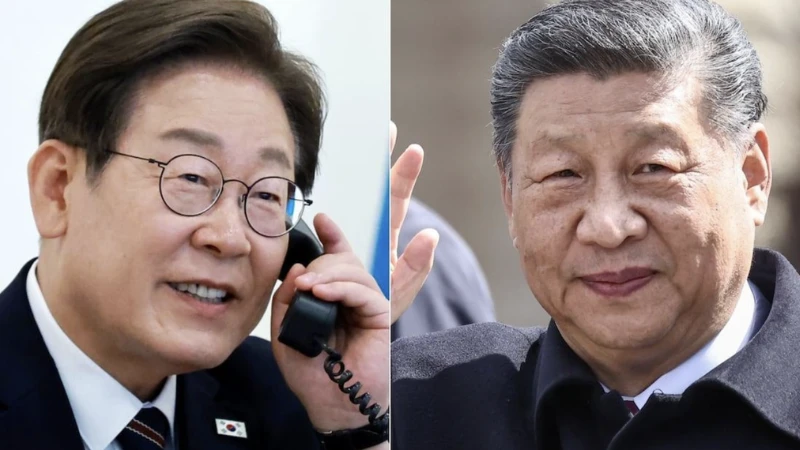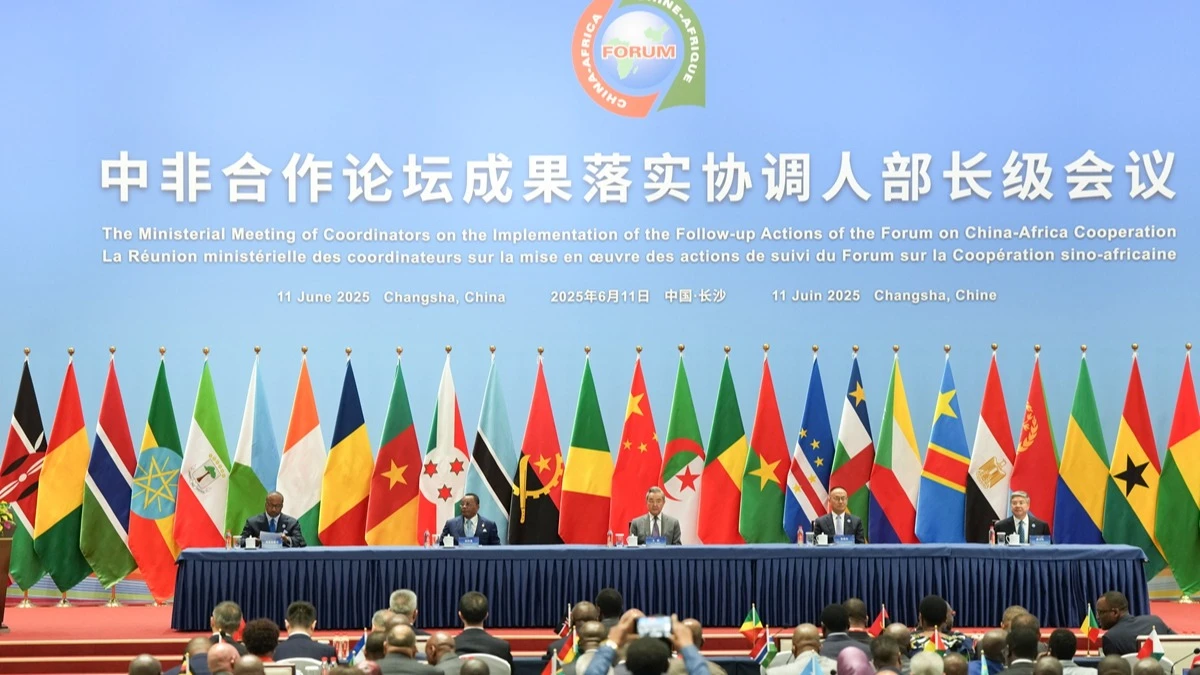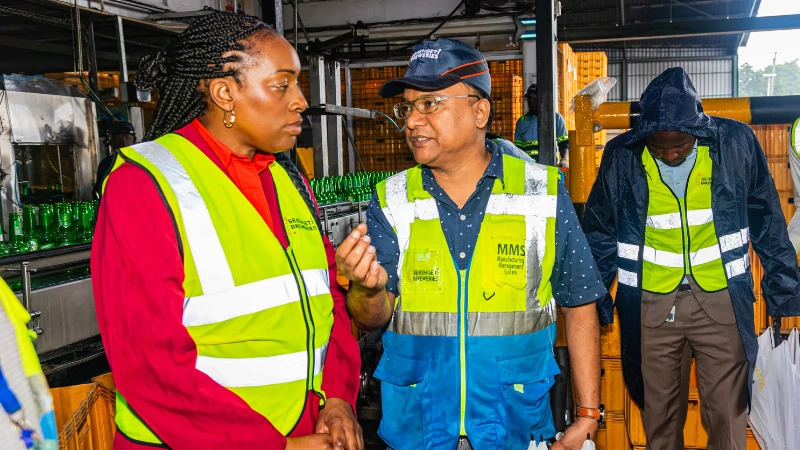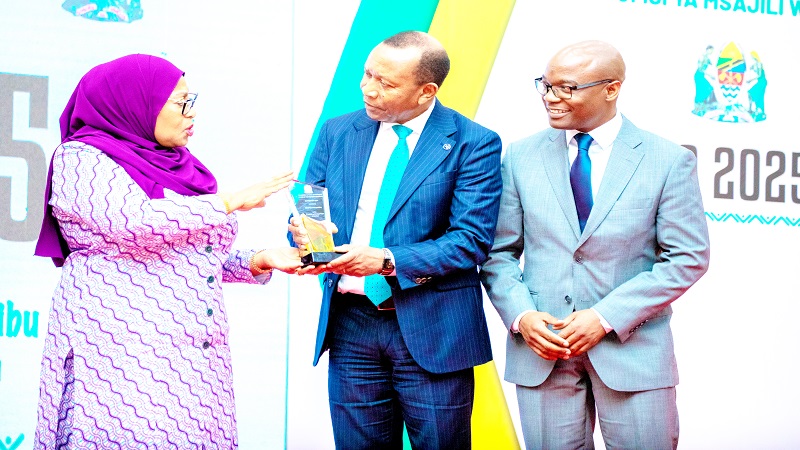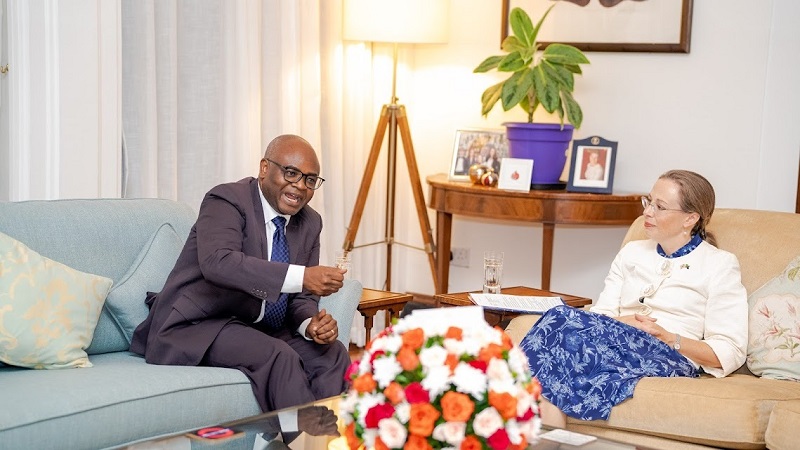MPs, PPP Centre want harmonised legislation
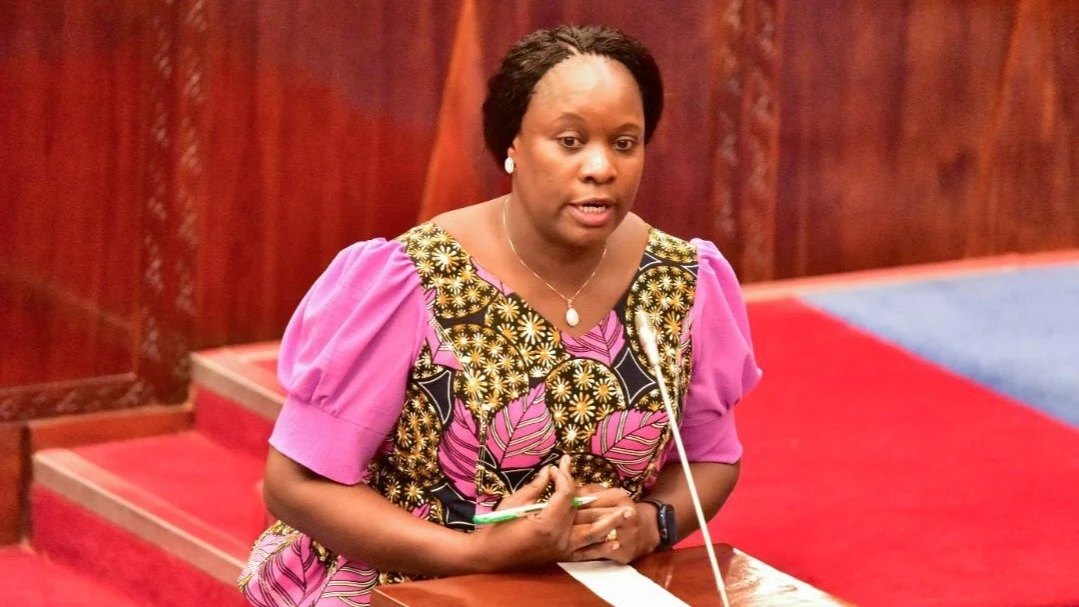
THE government needs to strengthen the Public-Private Partnership Centre (PPP Centre) within the Treasury and enforce the use of a unified PPP legal framework across all public enterprises to eliminate confusion and inefficiencies in project design and implementation.
Mary Masanja (Special Seats), vice chairperson for the Public Investments Committee (PIC) standing committee of the National Assembly, issued this appeal here yesterday at a parliamentary training session on PPP operations.
She said that there is need to empower the PPP Centre with greater authority and resources, as it oversees projects worth trillions of shillings, yet it lacks the necessary authority and capacity to operate effectively.
The committee is advocating for the centre to be elevated into a fully-fledged authority so that it can manage PPP undertakings more effectively, she stated, underlining MPs’ trust in the centre’s potential “and the future looks promising.”
She said that Tanzania is lagging behind in embracing PPPs compared to global trends, affirming that “if we expect the government to do everything on its own, we will fall behind. The world has moved forward. Public-private partnerships are now the way to go—investors come in, and our role becomes oversight and monitoring,” she emphasised.
Nicholaus Ngassa (Igunga), a committee member, echoed those sentiments, asserting that many public enterprises are entering PPP arrangements as legal entities instead of the national PPP framework, which leads to fragmentation.
He suggested that the government moves to ensure that PPP contracts are centrally coordinated and supervised by the PPP Centre. “This will improve consistency, accountability and ensure contracts are well-structured,” he stated.
Current legislation could also be revised to make it mandatory for all PPP projects to be registered through the centre, he said, while David Kafulila, the PPP Centre executive director, stressed the need for a single, standardized legal framework for PPP engagements to ensure quality and uniformity in project execution.
When public enterprises use their own constitutive legislation which isn’t tailored for PPPs it opens the door for weak contracts, he stated, advocating for centralized PPP legal cadre providing structured tools and expertise needed to guide such enterprises at every step.
He cited the DDC Kariakoo investment as a successful example, where a private investor injected 50bn/- and now pays the government 2.5bn/- annually under a PPP framework overseen by the centre.
“In contrast, a logistics hub at Ubungo, developed under the municipal authority’s law with over 300bn/- in investment, only yields 1bn/- annually to the city.
“This disparity stems from the use of non-specialized PPP processes. Without proper tools and guidance, returns on public assets are diminished,” he declared.
The PPP Centre has identified over 400 potential PPP projects across all 185 local government authorities, with many of these projects stalled due to a lack of even preparatory funding for feasibility studies, he told the MPs.
“Just like traditional infrastructure projects, PPPs require detailed technical and financial assessments. The relevant authorities must allocate dedicated budgets for project preparation to unlock these opportunities,” he added.
Top Headlines
© 2025 IPPMEDIA.COM. ALL RIGHTS RESERVED









